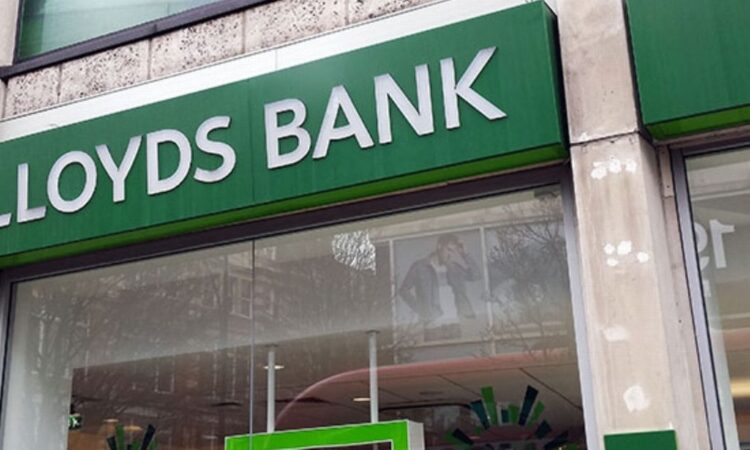
Lloyds Bank has warned ALL customers over a scam doing the rounds as “more and more people” get caught out. The high street banking giant has issued the stark warning to bank account holders and customers as Facebook Marketplace scams rise.
Lloyds said: “More and more people are getting caught out by fake listings on online marketplaces like Facebook. Especially for things like cars, tickets, and clothes.” It said: “Whether it’s for a sold-out gig or for a great price you can’t find elsewhere. It’s not a bargain if it never turns up.”
Lloyds explained: “Do you have to pay right away? Fraudsters will often say someone else is interested to pressure you into a quick sale.” The high street bank – which is rivalled by Santander, HSBC UK, NatWest, Nationwide and more – added: “A seller may be recommended, have good reviews, pictures and followers, but it could all be fake.
READ MORE Jay Slater’s phone may have been ‘thrown’ in Tenerife ravine where he vanished
“A genuine seller will be happy to meet you in person and let you pay in a way that protects your money.” It also asked: “Can you meet the seller in person? Use location filters to look for things available for local pick-up.
“This way, you can check an item before paying.” The bank went on to warn its customer base: “Never pay by bank transfer. Always pay by debit or credit card to protect your money, or use a payment service that offers buyer protection.”
Liz Ziegler, Fraud Prevention Director, Lloyds Banking Group, said: “Social media has become the Wild West of online shopping in recent years, with very few checks in place to verify who is selling what. This has left consumers increasingly exposed to ruthless fraudsters, with hundreds of new victims targeted every day and tens of millions of pounds flowing to organised crime gangs each year.
“Banks have been at the forefront of tackling the epidemic of scams, but they cannot fight it alone. It’s high time tech companies stepped up to share responsibility for protecting their own customers. This means stopping scams at source and contributing to refunds when their platforms are used to defraud innocent victims.”





